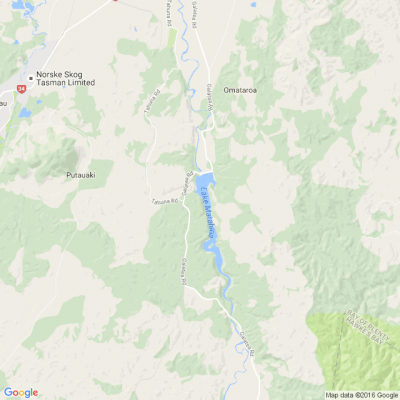
Know what’s happening
Access the private noticeboard for verified neighbours near you. Keep informed about any suspicious activity, send urgent updates to your neighbours when required and discuss emergency planning.
Get to know your neighbours
Browse the directory and start getting to know your neighbours. Don’t want to post to the whole neighbourhood? Send a private message.
Buy, sell and give away
Want to declutter your garage? Buy some used household items? Give away some garden stuff? Become a verified neighbour to browse and post items for sale. Trading is simple when everyone lives nearby.

Voted for NZ's Merriest Home yet?
Check out the finalists and take your pick!

Thank you for using Neighbourly
You may receive an email confirmation for any offer you selected. The associated companies will contact you directly to activate your requests.
The Team from Resene ColorShop Whakatane
From pine cones to tree-shaped centrepieces, have fun creating your own Christmas decor with Resene’s festive, on-trend colour combinations. Combine your favourite Resene testpot colours to match your Christmas style. Find out how to create your own.
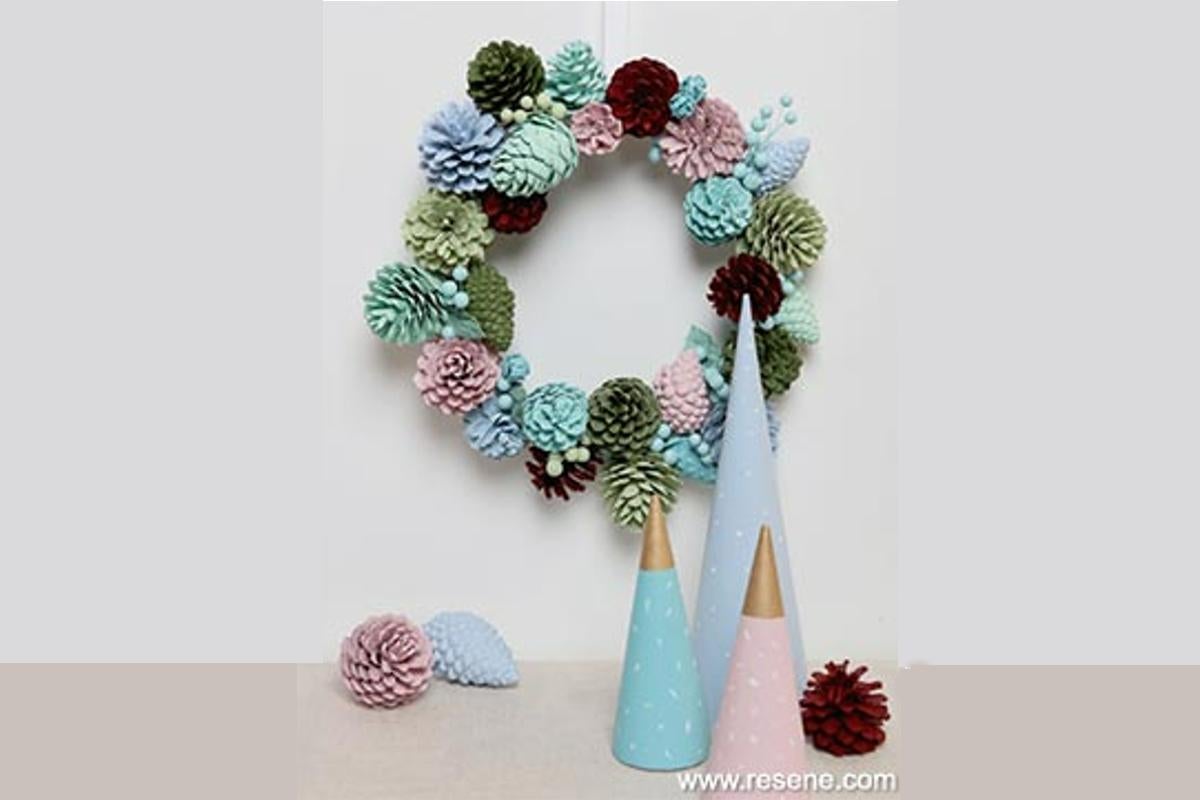
If you’re tired of waking up sore from your old bed’s lack of support, it might be time to upgrade your mattress. When you shop locally, you support an entire community, not just a business! Hence we urge you to shop and support local businesses like us so we can grow together as a community.
… View moreIf you’re tired of waking up sore from your old bed’s lack of support, it might be time to upgrade your mattress. When you shop locally, you support an entire community, not just a business! Hence we urge you to shop and support local businesses like us so we can grow together as a community.
While we're asking you to support us, we would like to give back to the community with an exclusive offer of UP TO 60% Off With Free Delivery on our incredible range of NZ Made beds and mattresses!
Check out our limited-time specials online or contact your local Beds4U Store Now!
Bring back your dream sleep, With Beds4U's Biggest Online Bed Sale
Shop now

Hey neighbours,
Wrapped up in our bubbles - it's certainly been a tough few weeks. With our daily routines challenged, we were able to slow down and enjoy the better things in life. That's why we want you be a part of the Neighbourly joy movement and share the simple things that make … View moreHey neighbours,
Wrapped up in our bubbles - it's certainly been a tough few weeks. With our daily routines challenged, we were able to slow down and enjoy the better things in life. That's why we want you be a part of the Neighbourly joy movement and share the simple things that make you happy.
Share a photo or story with your neighbours and you could be in to win Good Joe Coffee and Best Ugly Bagels (or bagels for your whole street!).
Share now!

We’ve been pioneering village living, and aged care, for more than 35 years. Our track record is built on genuine compassion and respect and gives you the confidence to be able to live the way you want. It’s another reason New Zealanders have voted us one of the Reader’s Digest Most Trusted … View moreWe’ve been pioneering village living, and aged care, for more than 35 years. Our track record is built on genuine compassion and respect and gives you the confidence to be able to live the way you want. It’s another reason New Zealanders have voted us one of the Reader’s Digest Most Trusted Brands for a 7th year. Learn more

The Team from Neighbourhood Support New Zealand
A simple phone call or message it all it takes sometimes.
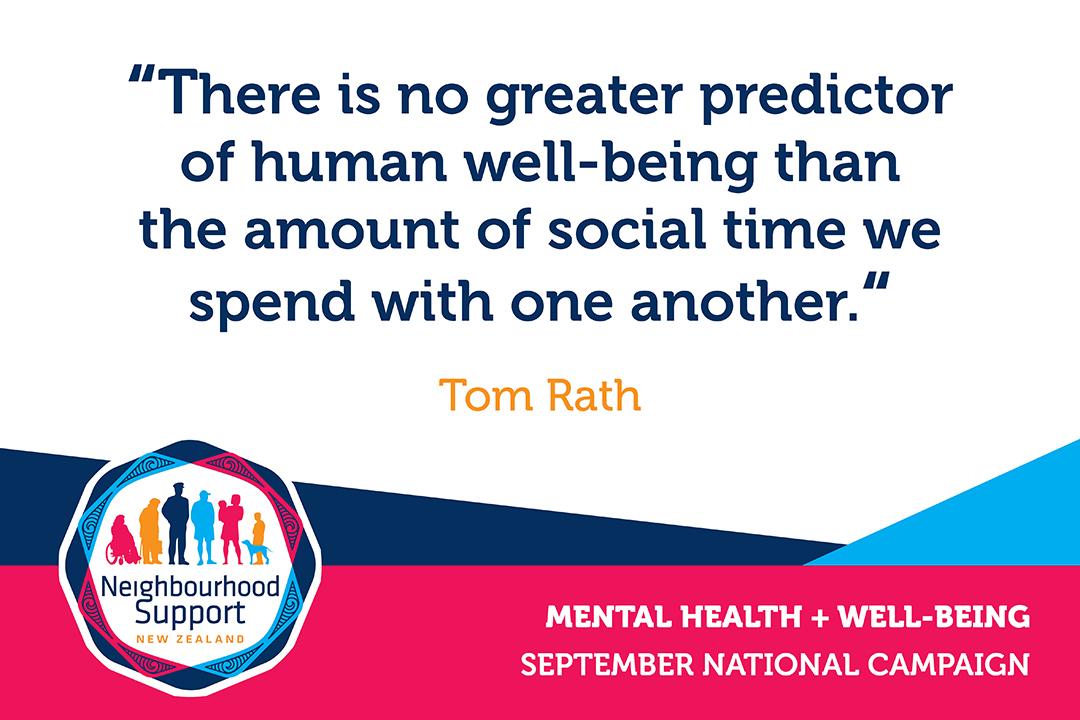
All regions outside Auckland will move to Covid-19 Alert Level 2, with Auckland remaining at Alert Level 4 for at least another week.
Prime Minister Jacinda Ardern and the Director-General of Health Dr Ashley Bloomfield announced the changes at a post-cabinet press conference on Monday … View moreAll regions outside Auckland will move to Covid-19 Alert Level 2, with Auckland remaining at Alert Level 4 for at least another week.
Prime Minister Jacinda Ardern and the Director-General of Health Dr Ashley Bloomfield announced the changes at a post-cabinet press conference on Monday afternoon.
Regions outside Auckland will make the change to Alert Level 2, at 11.59pm tomorrow.
Here's what you need to know
- A refresh on Level 2 restrictions and what it means for you.
- Indoor gatherings are now capped at 50 people, with outdoor gatherings restricted to a maximum of 100 people.
- There have been 20 confirmed cases of Covid-19 reported by the Ministry of Health since 9.00am yesterday, all in Auckland.
- If you have any flu-like symptoms, call the NZ Covid-19 Healthline on 0800 358 5453 or ring your GP.
- Find your closest Covid-19 testing location on the Healthpoint website
For more information, visit covid19.govt.nz.

Another great story!
Southland father and son, Robert and Bobby Baird have recently received their forestry qualifications, proving you are never too old to learn.
While Robert has practical experience gained during four decades in the bush, he says vocational training like the qualification he… View moreAnother great story!
Southland father and son, Robert and Bobby Baird have recently received their forestry qualifications, proving you are never too old to learn.
While Robert has practical experience gained during four decades in the bush, he says vocational training like the qualification he has just done is helping keep people safe.
Competenz assessor Neville Muir worked with Bairds throughout their training programme.
“Bobby is very driven to succeed and very organised. He’s also very keen to continue upskilling his crew and there are a lot of different certificates still to do,” he says.
While Bobby is his boss at work, Robert turns back into ‘dad’ at the end of the day. “I give him a hand during the day when he’s got a lot of work on. We have a great relationship and it’s a magic thing to be able to do to work with your son.”
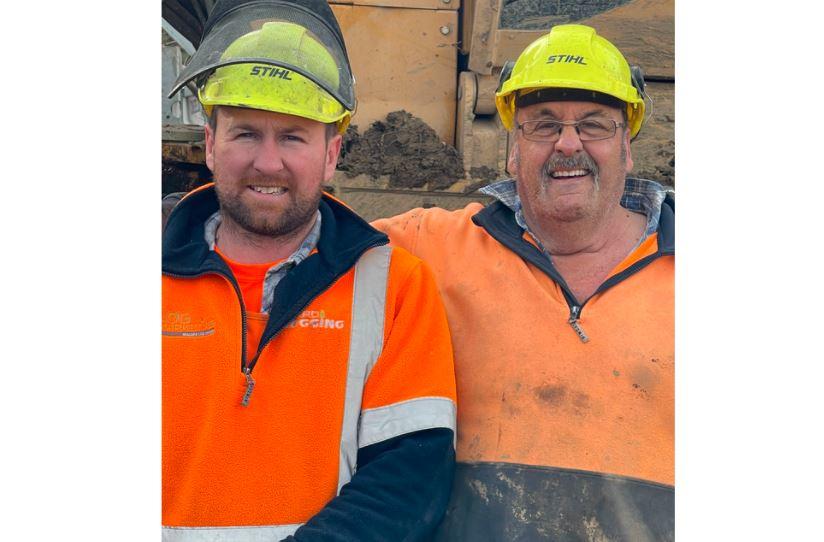
The Team from Digital Boost
We're here to help you take your business to the top.
That's why every day from 10-11am we sit down for interviews with experts in topics like digital marketing and websites, and live stream it straight to you. Power your business forward with a daily pro-tip or two!
Find out … View moreWe're here to help you take your business to the top.
That's why every day from 10-11am we sit down for interviews with experts in topics like digital marketing and websites, and live stream it straight to you. Power your business forward with a daily pro-tip or two!
Find out who's sharing their knowledge this week and RSVP here
Learn more

Another great story!
Southland father and son, Robert and Bobby Baird have recently received their forestry qualifications, proving you are never too old to learn.
While Robert has practical experience gained during four decades in the bush, he says vocational training like the qualification he… View moreAnother great story!
Southland father and son, Robert and Bobby Baird have recently received their forestry qualifications, proving you are never too old to learn.
While Robert has practical experience gained during four decades in the bush, he says vocational training like the qualification he has just done is helping keep people safe.
Competenz assessor Neville Muir worked with Bairds throughout their training programme.
“Bobby is very driven to succeed and very organised. He’s also very keen to continue upskilling his crew and there are a lot of different certificates still to do,” he says.
While Bobby is his boss at work, Robert turns back into ‘dad’ at the end of the day. “I give him a hand during the day when he’s got a lot of work on. We have a great relationship and it’s a magic thing to be able to do to work with your son.”

The Team from Neighbourly.co.nz
Our friends at Stuff are collating an incredible directory of small businesses delivering during lockdown in every region across New Zealand. Check out the best in baked goods, meal companies, drinks of every sort, groceries and sweet treats delivering right to your neighbourhood.
Supporting … View moreOur friends at Stuff are collating an incredible directory of small businesses delivering during lockdown in every region across New Zealand. Check out the best in baked goods, meal companies, drinks of every sort, groceries and sweet treats delivering right to your neighbourhood.
Supporting local is easy with Support Local, Aotearoa. Have a browse or show your support by submitting a shoutout to a business near you now. They'll thank you for it.
Thanks for supporting local.
Browse the directory
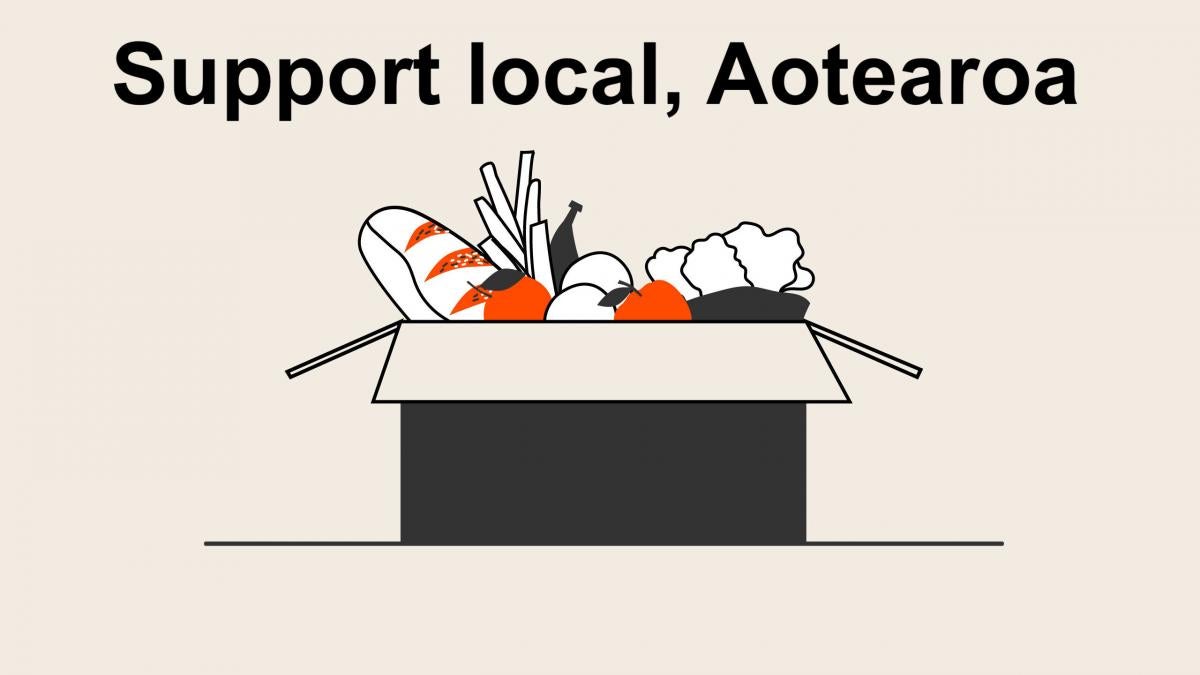
The Team from Resene ColorShop Whakatane
Up your potted plants game with this easy recycling project finished in Resene.
Find out how to create your own.
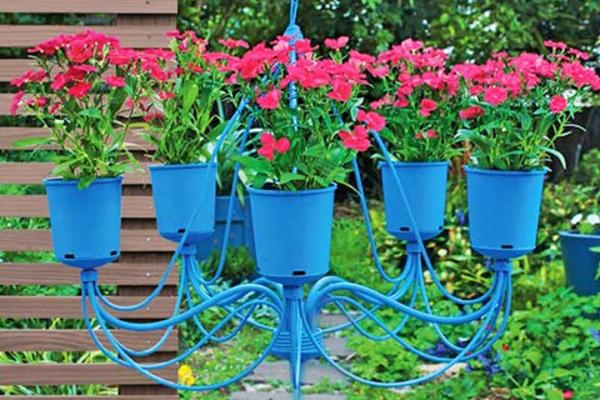
Te Whare Wānanga o Awanuiārangi
Bachelor of Humanities
Meet Derek Ereatara who shares his journey with Awanuiārangi.
The Bachelor of Humanities programme marked a turning point in Derek’s life. “The content – indigenous studies, policy and business – fit right in with what I wanted. I knew it would help me … View moreBachelor of Humanities
Meet Derek Ereatara who shares his journey with Awanuiārangi.
The Bachelor of Humanities programme marked a turning point in Derek’s life. “The content – indigenous studies, policy and business – fit right in with what I wanted. I knew it would help me personally and in my work with whānau in the health sector.
“It helped me to think differently, that opens up your world view.” he says.
Looking at everything with fresh eyes “shifted, enhanced and reinforced” his focus, particularly in working with rangatahi who need one-to-one support.
“Awanuiārangi was like a second home, and still is. You just feel welcome.
Find out more

The Team from Neighbourhood Support New Zealand
Did you know 1 in 4 New Zealand adults will suffer from a mental disorder or distress at some point in their lives? When they do, let’s make sure they don’t have to go it alone. To create safer, more caring communities we need to not only look after ourselves but those around us as well.
For … View moreDid you know 1 in 4 New Zealand adults will suffer from a mental disorder or distress at some point in their lives? When they do, let’s make sure they don’t have to go it alone. To create safer, more caring communities we need to not only look after ourselves but those around us as well.
For the month of September, we want to come together to share ways to boost mental health and well-being. For example, you could host an online catch up or quiz, call a neighbour who lives alone, challenge your family and friends to try a new hobby or move your body more to improve your own well-being. If you or someone you know is going through a rough patch, don’t forget you can call or text 1737 anytime for free support from a trained counsellor.
Want to share your thoughts? Let us know how you’re looking out for your well-being and helping others with theirs this month by tagging us in your social media posts or emailing us your photos, videos, or experiences to: info@neighbourhoodsupport.co.nz
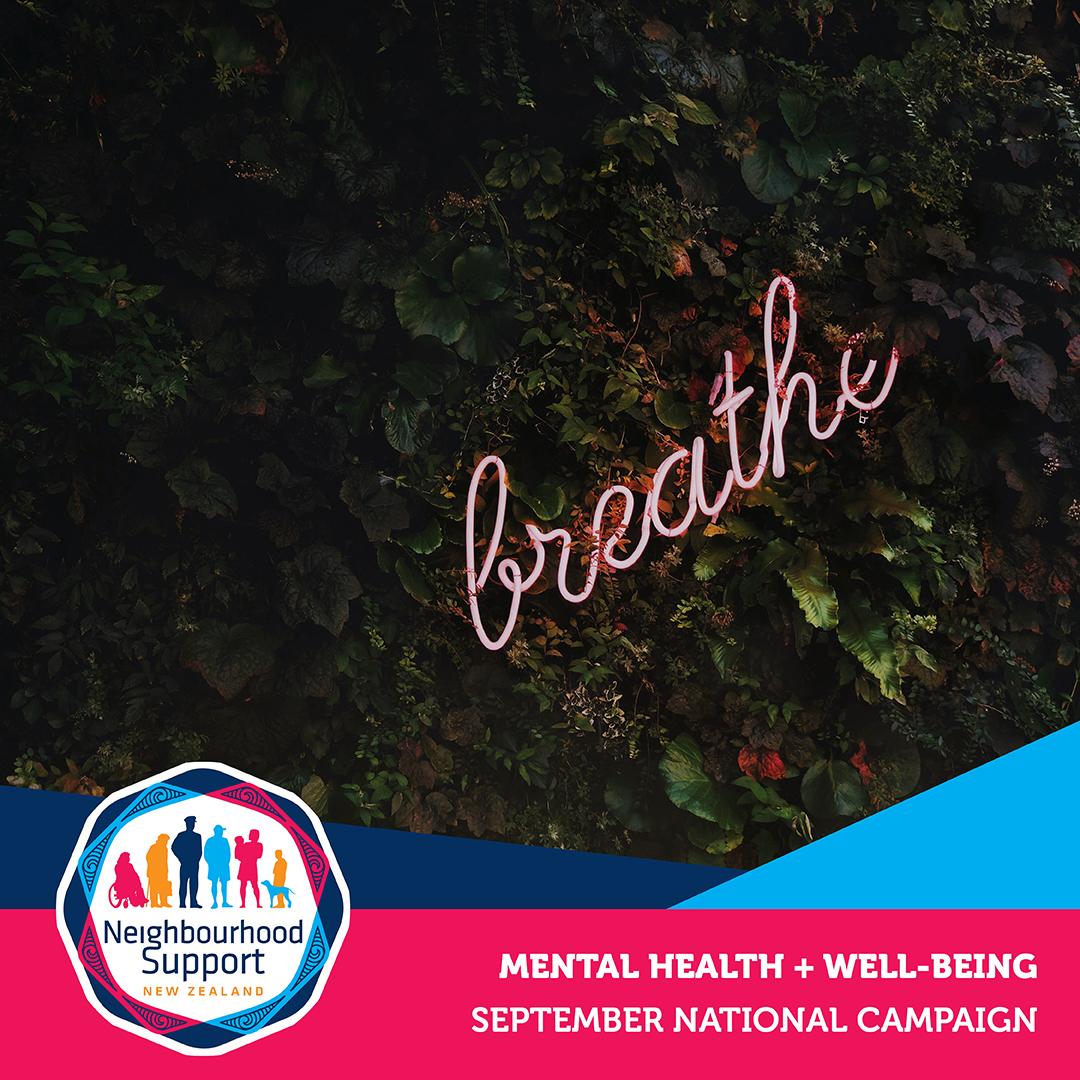
 Loading…
Loading…
Are you sure? Deleting this message permanently removes it from the Neighbourly website.
 Loading…
Loading…

 Deadline Sale
Deadline Sale


 Marketed by Shane Murrell
Marketed by Shane Murrell

 Auction
Auction



 Marketed by Michelle Stephenson
Marketed by Michelle Stephenson

 $560,000
$560,000



 Marketed by Michelle Stephenson
Marketed by Michelle Stephenson

 $639,000
$639,000



 Marketed by Michelle Stephenson
Marketed by Michelle Stephenson

 $915,000
$915,000



 Marketed by Michelle Stephenson
Marketed by Michelle Stephenson

 $399,000
$399,000


 Marketed by Matt Stephenson
Marketed by Matt Stephenson

 $359,000
$359,000



 Marketed by Michelle Stephenson
Marketed by Michelle Stephenson
© Neighbourly 2024
